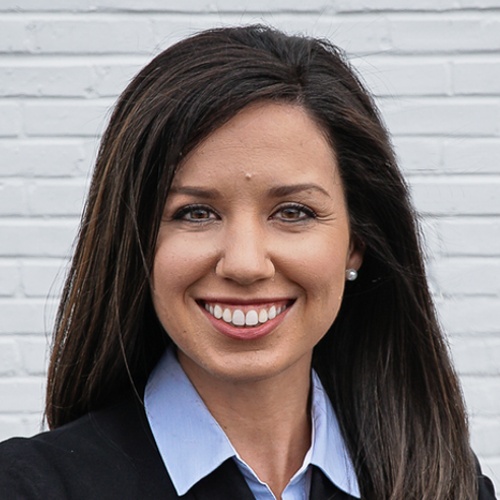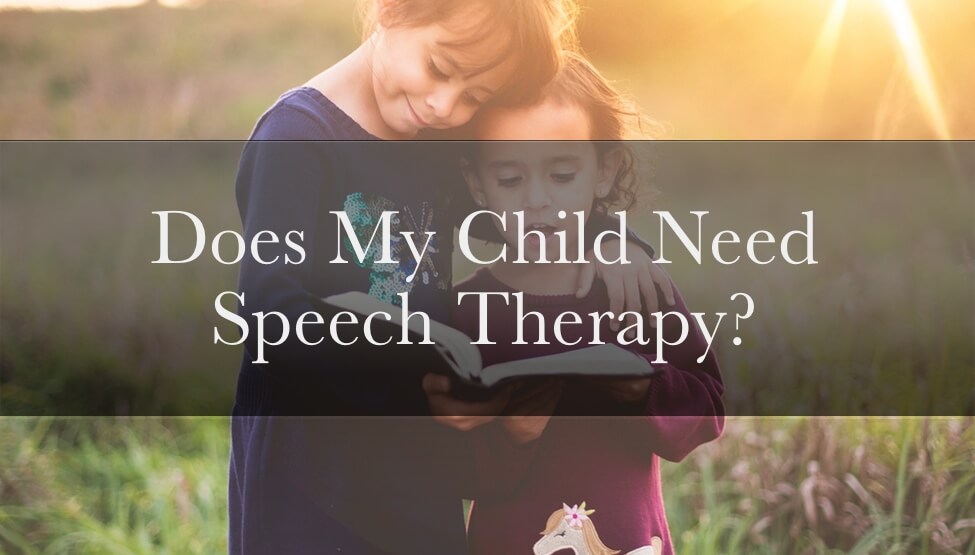A Speech & Language Development Guide
How Children Should Engage with Others
Infants 0-6 months old:
Typically respond to voice and sound, establish eye-contact, and use a social smile (smiles when spoken to, or when others smile at him/her).
By 8-9 months:
Children should respond to their name and easily shift attention from objects to people (joint attention).
By 1 year:
Children are expected to copy simple actions of other, e.g., clapping; use a variety of gestures, e.g., give items, show items, point, shake head “no,” reach for objects/to be picked up; and follow pointing.
1-2-year-old children:
Typically pair pointing with vocalizations, engage in verbal turn-taking present, respond to speech with eye-contact, and wave “bye-bye.” They typically play next to other children; use social words such as, “Hi,” “bye,” “thank you,” and “please;” and protest by vocalizing, “no.”
2-3-year-old children:
Should use words to get attention, begin to adapt speech to the listener and engage in short conversations. They typically communicate a variety of functions including comments, asking for help, and social greetings. Children this age are expected to watch other children, briefly join in their play, and participate in simple group activities.
3-4-year-old children:
Typically engage in longer conversations (at least 3-4 turns), use words to request permission, make conversational repairs, and start telling stories and jokes.
4-5-year-old children:
Should effectively communicate their feelings. They typically take turns in play, separate from primary caregiver easily, and begin dramatic play (acting out whole scenes). Children this age are expected to use words to invite others to play and resolve disputes with peers.
Speech Sound Development &
How Well Children Should be Understood
Infants 0-6 months old:
Vocal play develops. Children use raspberries, squeals, and coos.
By 8-9 months:
babbling of sounds and consonants develops.
By 1 year:
Children should imitate some speech sounds. They typically use a variety of sounds in babbling, including consonants and vowels, and use changes in vocal tone. They may sound like they are speaking another language.
By 2 years:
Children should be at least 50% intelligible to familiar and unfamiliar listeners.
By 3 years:
children are expected to be least 75% intelligible to familiar and unfamiliar listeners.
By 4 years:
Speech should be clear to familiar and unfamiliar listeners, developmental errors such as /s/, /r/, /l/ can still be present.
Vocabulary, Grammar, & Sentences Children Should Use As They Develop:
By 1 Year:
Infants typically produce at least 1 word. coos.
By 18 months:
Toddlers should use close to 20 words.
By 2 year:
Toddlers should use at least 50 words, put together two-word phrases, and ask who, what, and where questions.
By 30 month:
Children typically use 450 different words. They should begin marking grammatical elements such as walking and toys.
By 3 years:
Children should consistently use at least 3-word phrases and mark grammatical elements like mommy’s, walking and toys. They typically use words to describe locations in, on, and under.
From 3-4 years:
Children should use pronouns like I, you, me, we, and they. They typically ask when and how questions. They should put at least 4 words together in a sentence. They may still make grammatical mistakes, like “I goed to school.”
By 4, they talk about what happened during the day and use about 4 sentences at a time.
From 4-5 years:
Children should use sentences that have more than one verb, but they may still have some grammatical error. They tell short stories and keeps conversations going. They also typically name some letters and numbers.
Most children follow a similar path of language development, however, there are always individual differences.
At some ages, there is a wide range of what is considered “typical,” but there are markers specialists look for along the way that indicates when children may need intervention.
When a child is missing skills in their communication development, it can result in breakdowns and frustration at home and be detrimental to their learning and ability to make friends in school.
At Kid Matters, we use gold-standard evaluation measures, and treatment rooted in research to provide the tools children need to strengthen their communication skills.
Early identification of communication deficits results in faster progress and better outcomes. If your child seems off track with any of the skills listed above, do not hesitate to call for a free consultation. Or visit our speech-language pathologist.

Jennifer Houch
Speech-Language Pathologist
Don’t Parent Alone!
Sign up for our FREE Newsletter: “Parent Matters.”
Receive our best parenting advice right to your inbox. Our goal is to help parents raise safe and informed children.
New Clients Call: (855) 586-1802
Current Clients: (855) 543-7687
Ask Us Anything!
We help anxious kids and frustrated parents. We serve Hinsdale & the Western Suburbs of Chicago.
Made with ♥︎ in Hinsdale, Illinois for Chicago
Built By Brand Your Practice.
Kid Matters Counseling, P.C. DISCLAIMER: This website and blog are for informational, educational and general discussion purposes only. It is understood that no guarantee or warranty arises from the information provided, discussed or commented upon in this website and blog nor does it constitute legal or other professional advice on any subject matter. Access to this website and blog is voluntary and at the sole risk of the user. If you think that you have a medical emergency (including clinical), call your doctor or 911 immediately. A licensed medical professional should be consulted for diagnosis and treatment of any and all medical conditions. While the information contained within this website and blog is periodically updated, no guarantee is given that the information provided is correct, complete, and/or up-to-date. See our complete Privacy Policy and Terms of Service.





